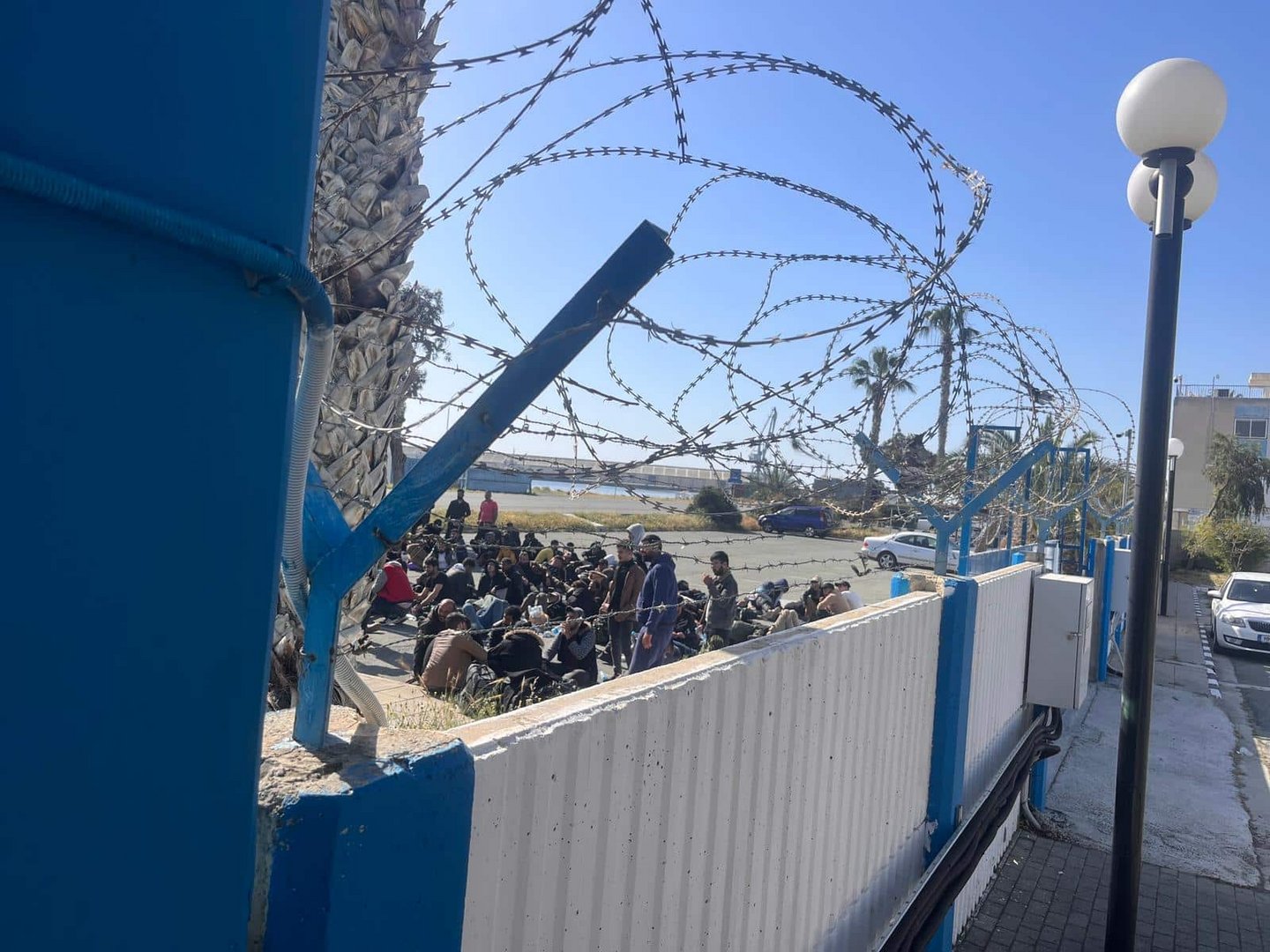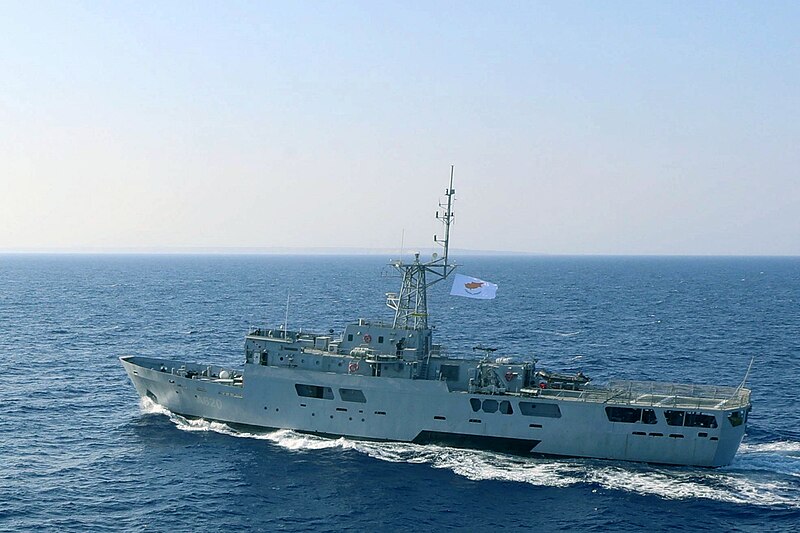President Nikos Christodoulides said on Sunday that Cyprus “cannot accept any more Syrian refugees”.
In an interview with the Editor Network Germany (RND), he said “we are not in a position to take any more Syrian refugees. We are at our limit and can no longer cope with this flow of refugees.”
He added that a total of seven per cent of the population of the Republic of Cyprus are now refugees and expressed his will to begin being able to deport refugees directly back to Syria.
This would be done through the government’s plan to convince the European Union that parts of Syria are now safe enough to return migrants, and Christodoulides’ line on this matter has hardened in recent weeks.
What was once a request and a suggestion is now a demand, as he said; “we expressly demand that certain areas in Syria be classified as safe regions.”
The government’s hardened rhetoric on the matter has in recent days been backed by firmer action to attempt to force down the number of asylum seekers arriving on the island.
Christodoulides announced in a social media post on April 13 that the government had suspended its processing of asylum claims for applicants of Syrian origin.
This announcement was rationalised two days later to mean that the government would act in this regard to the extent that European Union law will allow, and wait the maximum allowed period of time – 21 months – between the submission of an asylum application and it being examined.
On April 16, the government announced that it would revoke the protection status of 30 Syrian nationals who had travelled to their home country via the north.
Meanwhile, the government deployed two police boats to patrol off the coast of Lebanon to deter those who may wish to attempt to cross the Levantine sea to claim asylum in Cyprus.
The Cyprus News Agency (CNA) claimed on Friday that “around ten” EU member states now support the government’s plan to declare parts of Syria as safe, with Nicosia planning to host a conference in May on the matter aimed at pressuring the European Commission into a decision.
The claims come off the back of active diplomatic efforts on the part of the government, which entailed sending Interior Minister Constantinos Ioannou on a tour of Europe to discuss the matter with his counterparts from three other EU member states.
Ioannou first travelled to Copenhagen, where he met his Danish counterpart Kaare Dybvad Bek. Bek said “the time has come to examine the real facts in Syria to allow states to carry out returns under specific and strict conditions.”
He added that he recognises the “enormous pressure on Cyprus due to the massive flows of migrants of Syrian origin.”
The following day, Ioannou met with Czech Interior Minister Vit Rakusan, where an agreement was reached to launch a joint factfinding mission operated by Cyprus and the Czech Republic to Syria, with the aim of designating parts of the country as safe.
He then travelled to Athens to meet Greek Migration Minister Dimitris Kairidis, and said he “welcomed” Greece into the group of EU member states focusing on the matter of declaring Syria safe.
Cyprus can also rely on the support of Austria in its endeavour, with the Austrian government having told the Cyprus Mail of its support for the plan in March.
A spokesperson for the Austrian interior ministry said Minister Gerhard Karner had told the European Union’s justice and affairs council that “deportations to safe areas in Syria should be possible again in the medium term.”
However, support across the bloc is not unanimous. A spokesperson for Sweden’s EU Affairs minister denied the claim that they had also supported Cyprus’ plan to declare parts of Syria safe to the Cyprus Mail, describing it as a “misunderstanding”.
“We have heard similar proposals raised but it is not something that Sweden has taken a position on,” the spokesperson added.

Interior Minister Constantinos Ioannou discussing Syria with Greek Migration Minister Dimitris Kairidis
The Cypriot government’s claim that parts of Syria are safe is based on indications made regarding the provinces of Damascus and Tartus by the European Union Agency for Asylum (EUAA).
Tartus is a port city located around 160 kilometres east of Cape Greco. The EUAA said “there is, in general, no risk” of “believing that the person would face a real risk of suffering serious harm” should they be returned there.
On Damascus, Syria’s capital, the EUAA concluded that “in general there is no real risk” of harm, but “individual elements always need to be taken into account as they could put [someone] in risk-enhancing situations.”
However, while Tartus as a port city is accessible by sea, Damascus is landlocked and surrounded by places which are decidedly unsafe.
Land routes between the port of Tartus and Damascus all pass through Homs, where, according to the EUAA, “indiscriminate violence is taking place.” Routes into Damascus from Jordan in the south all pass through the Dar’a governorate, where, the EUAA says, individuals would “solely on account of their presence on its territory face a real risk” of violence.
In addition, even Damascus itself is not entirely safe from conflict. The Iranian embassy in the city was bombed earlier this month, prompting the current back and forth between Iran and Israel.
The Syrian government had claimed in March that Israel was launching missiles at several targets outside Damascus.








Click here to change your cookie preferences